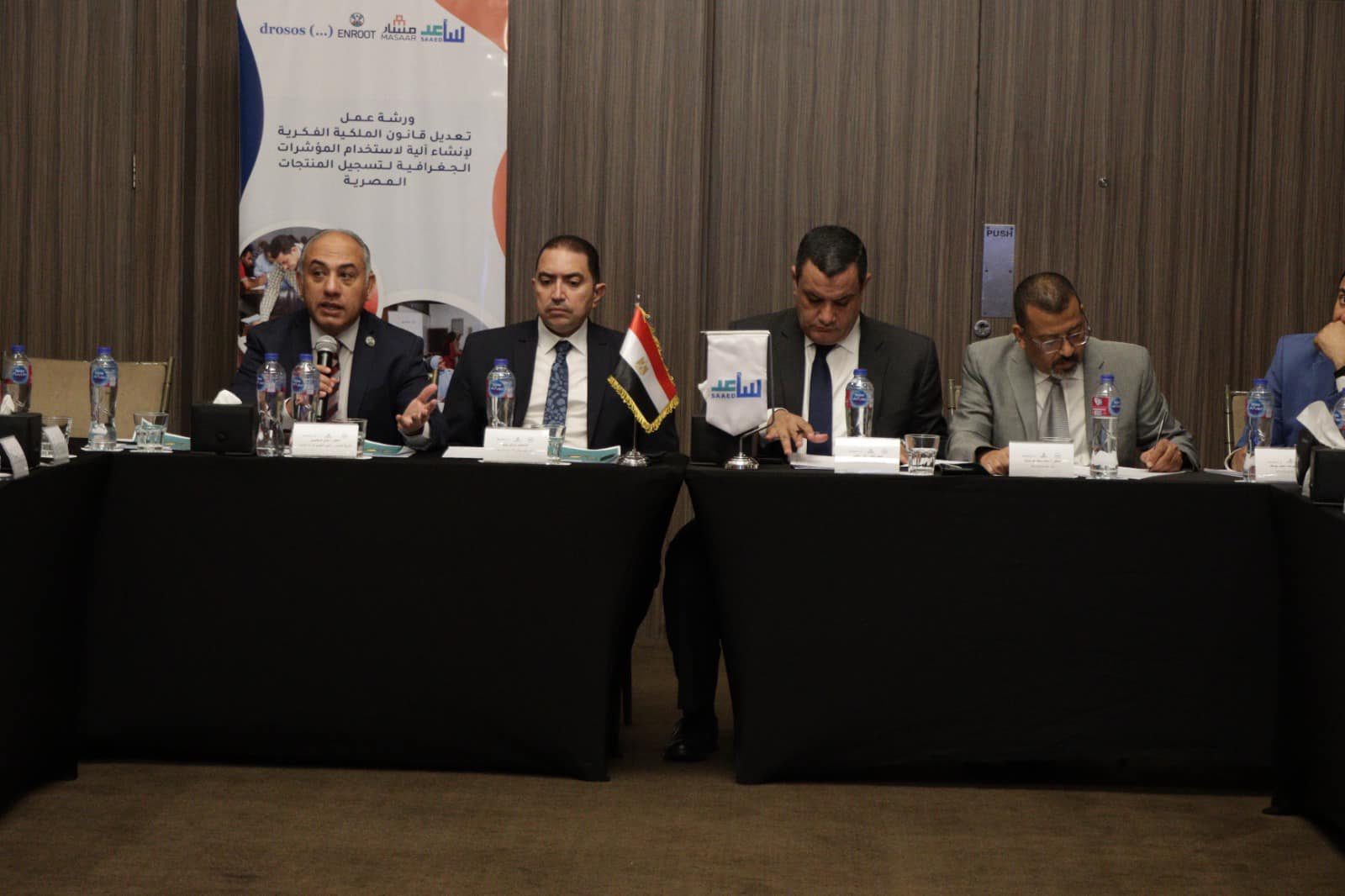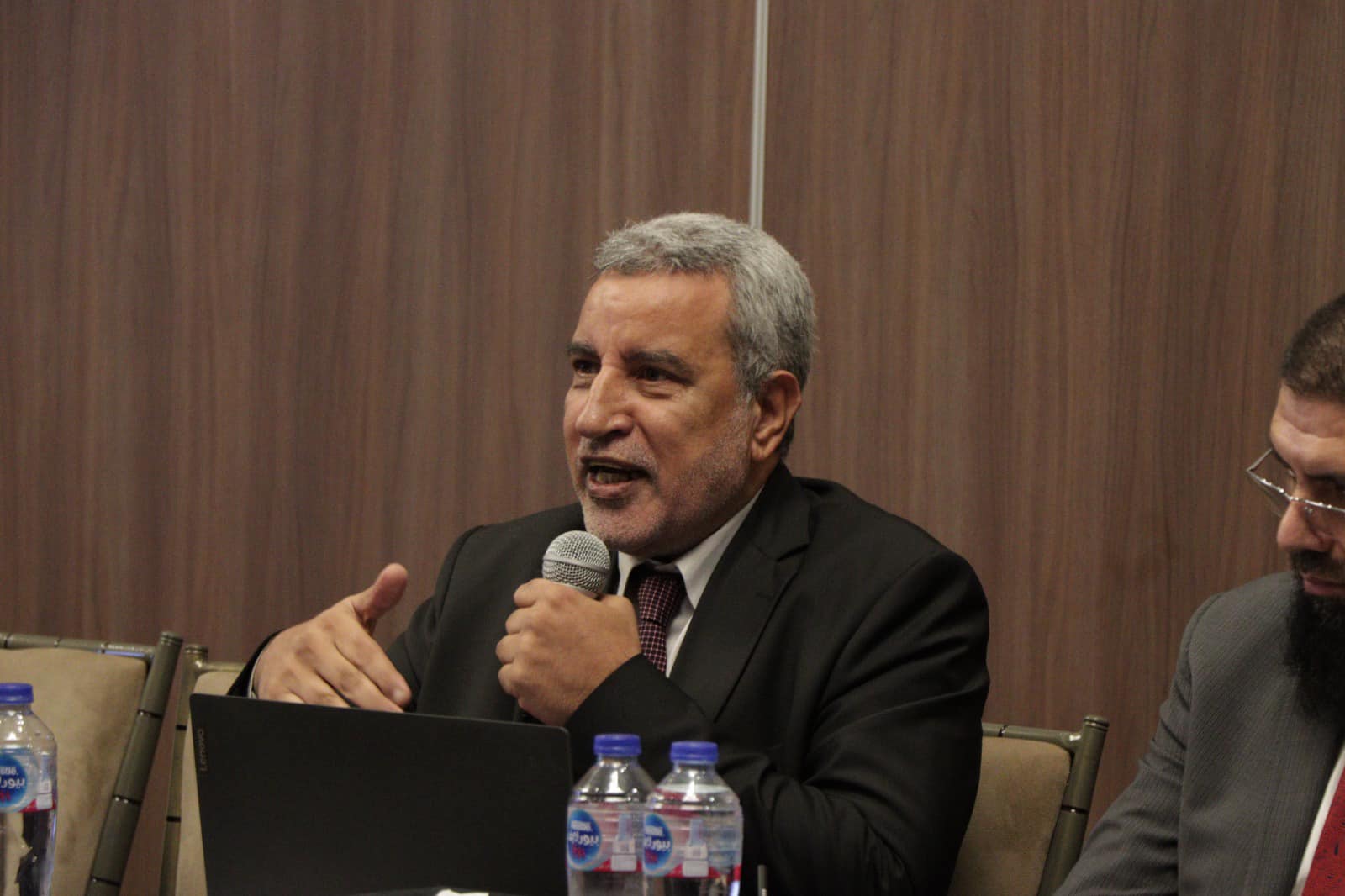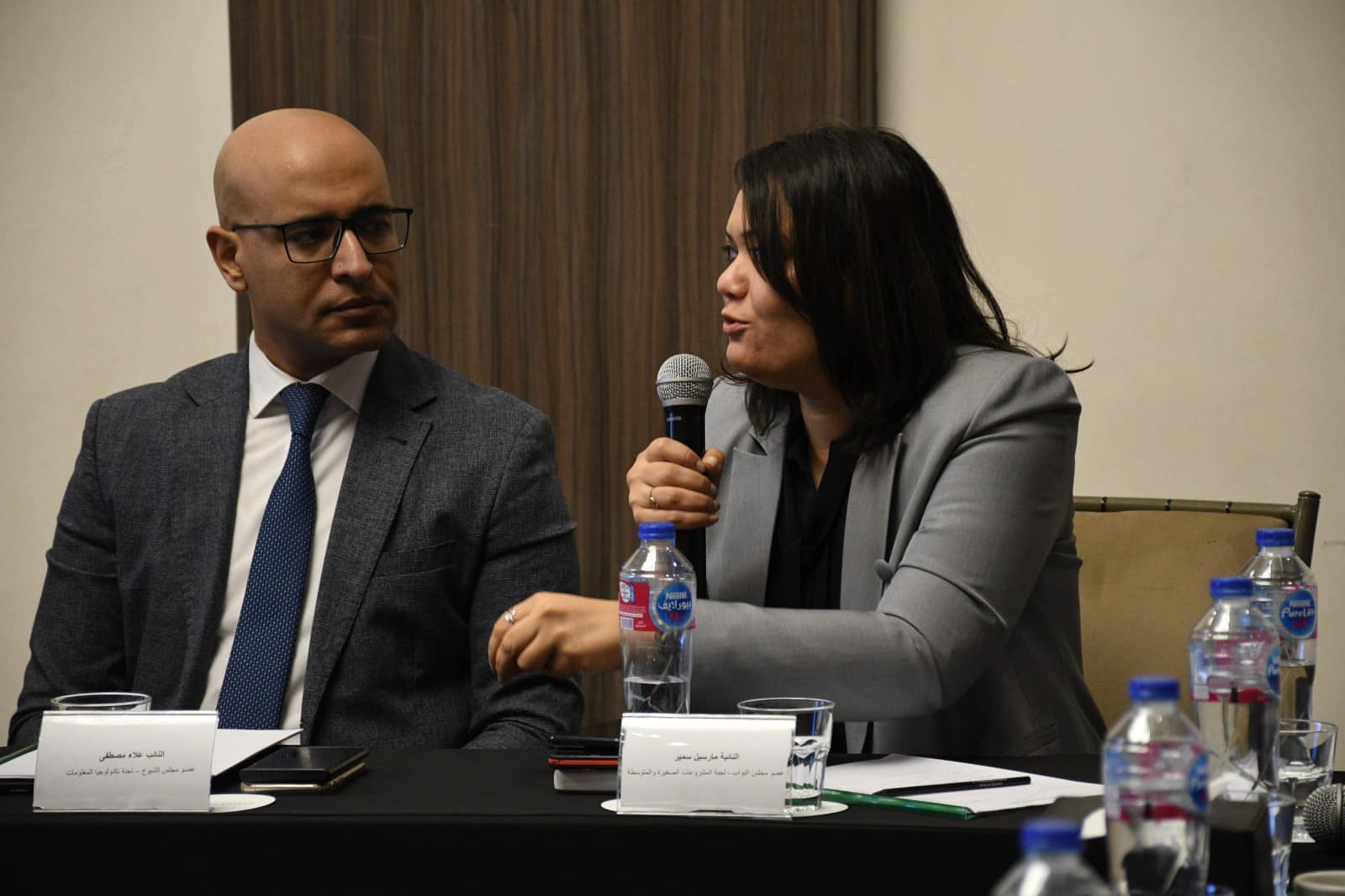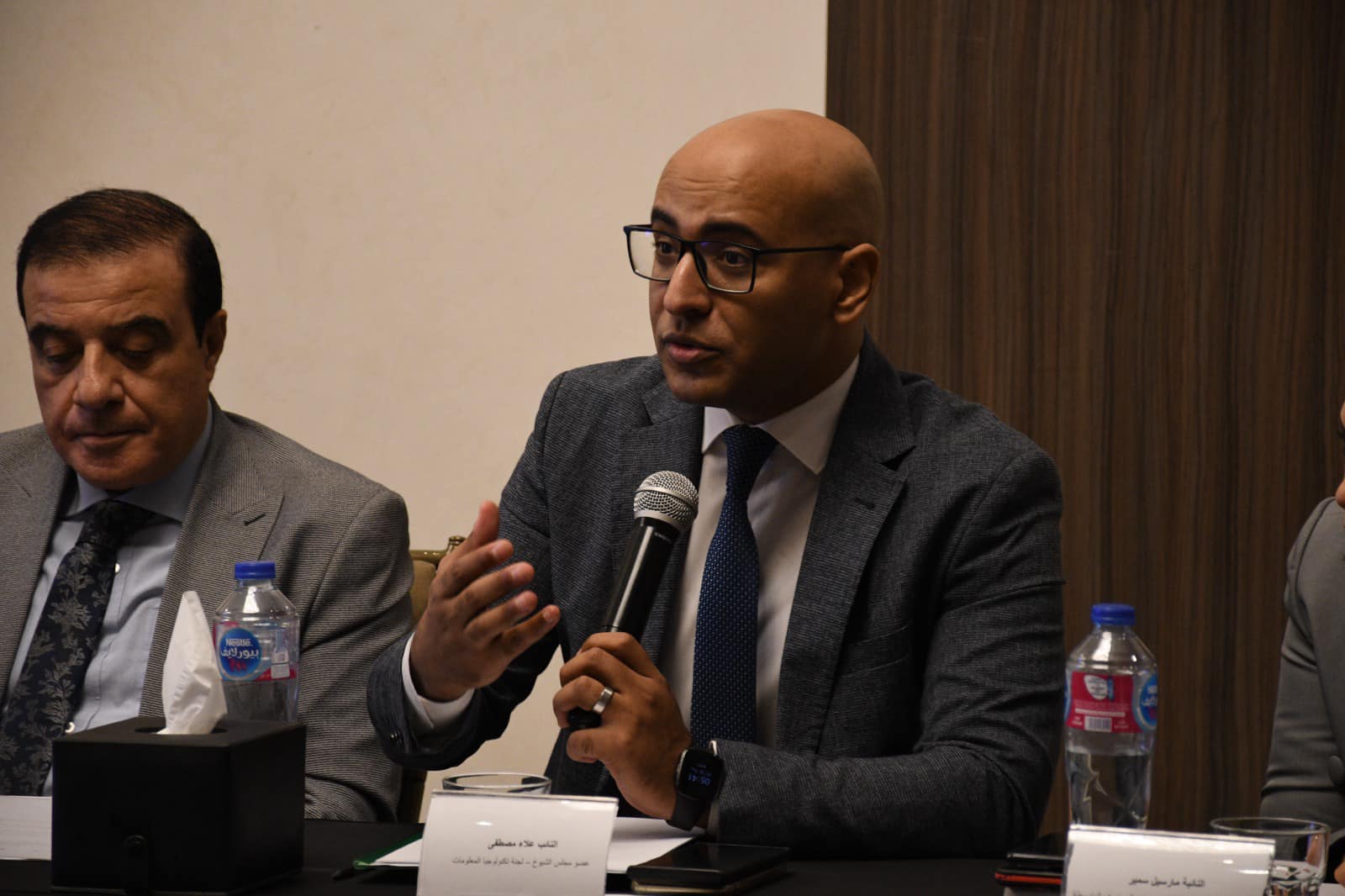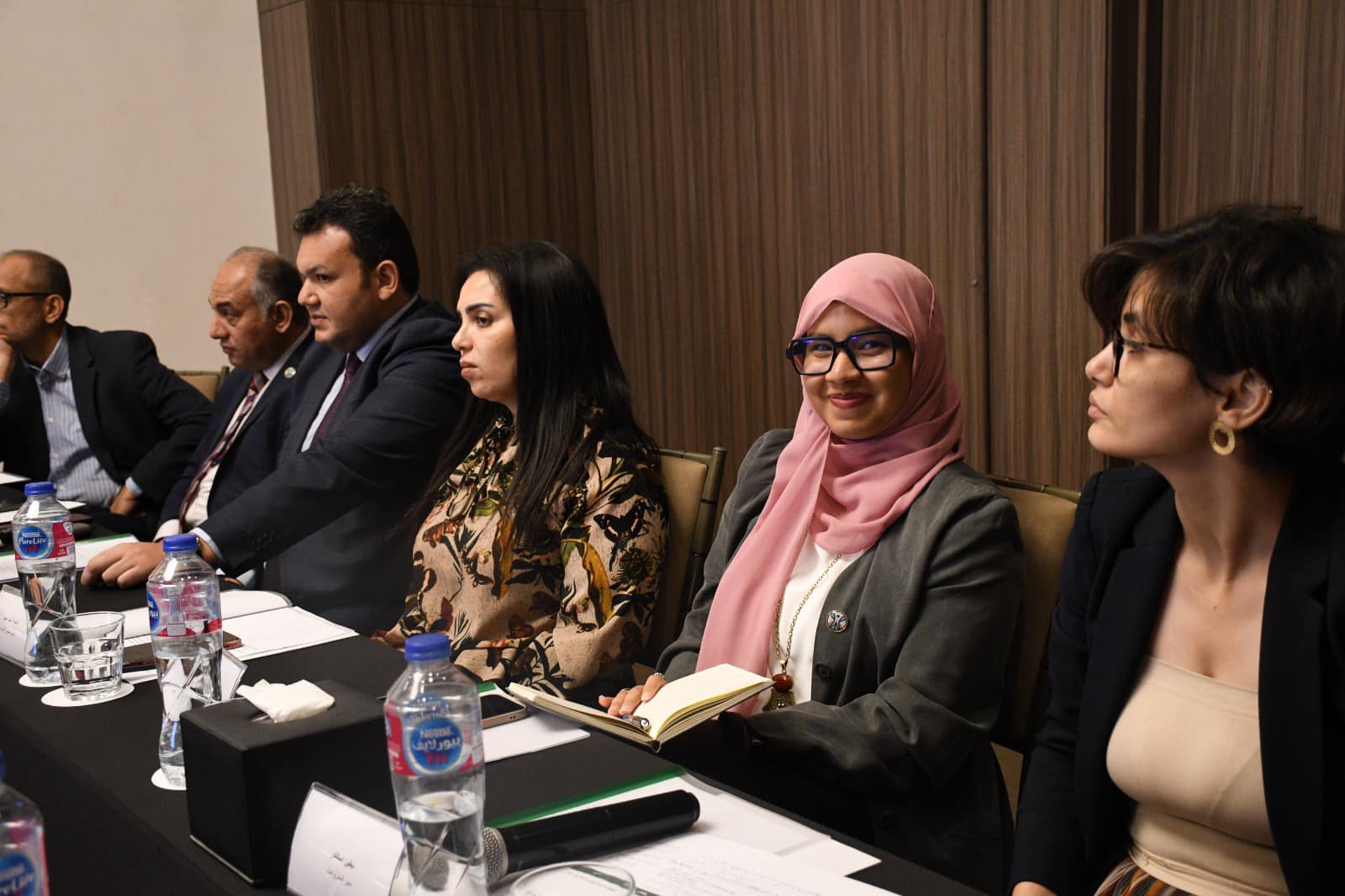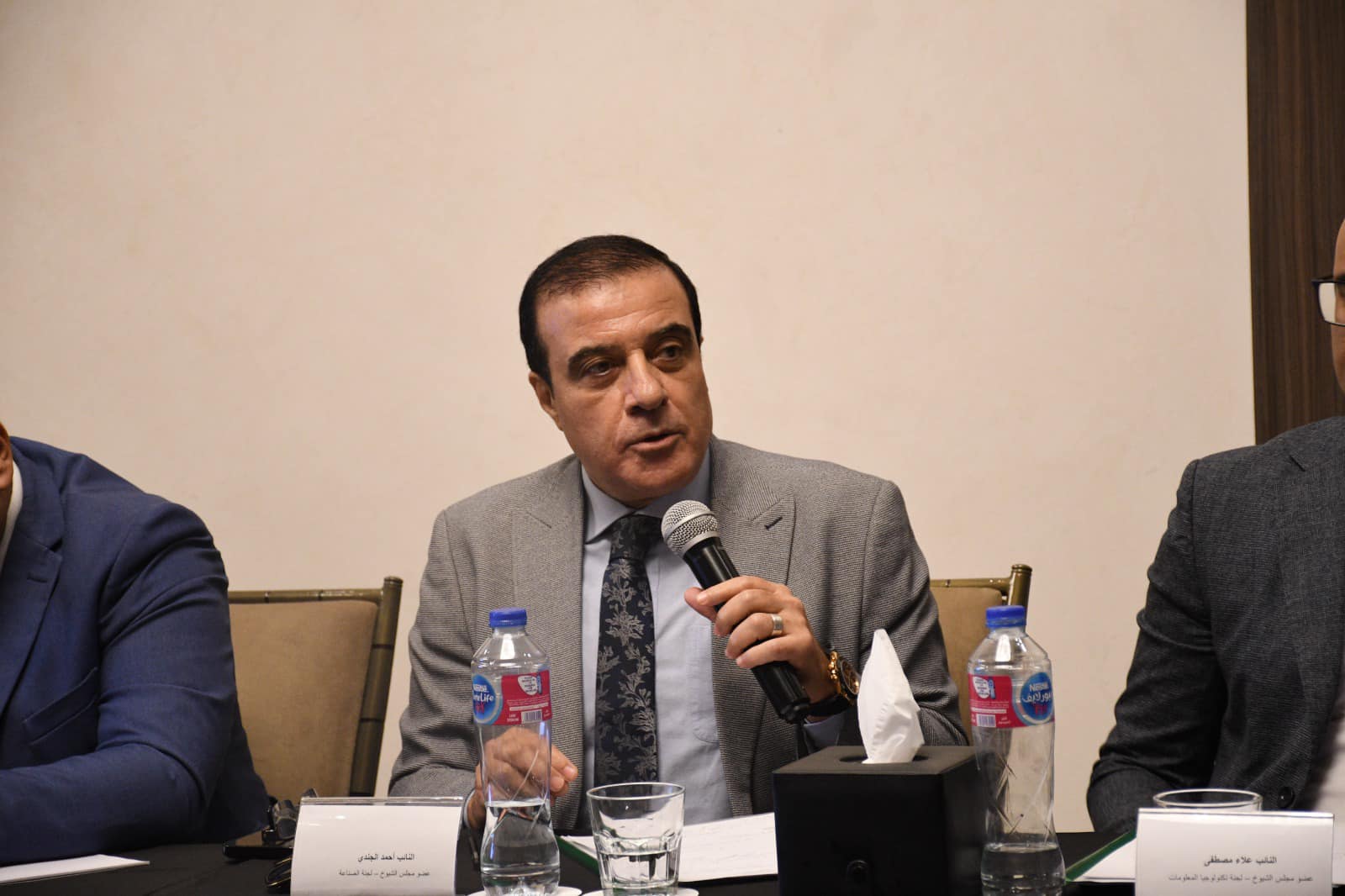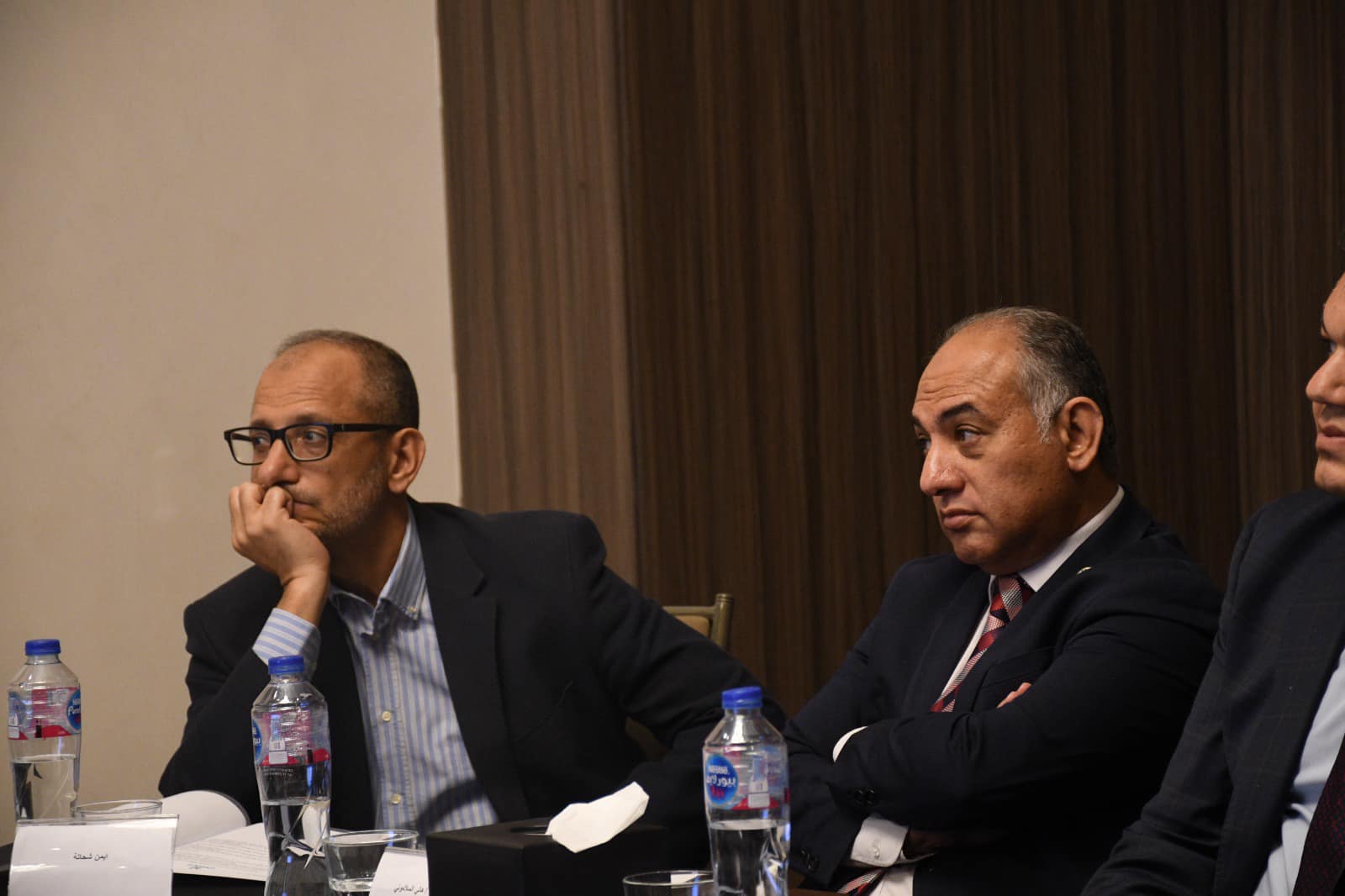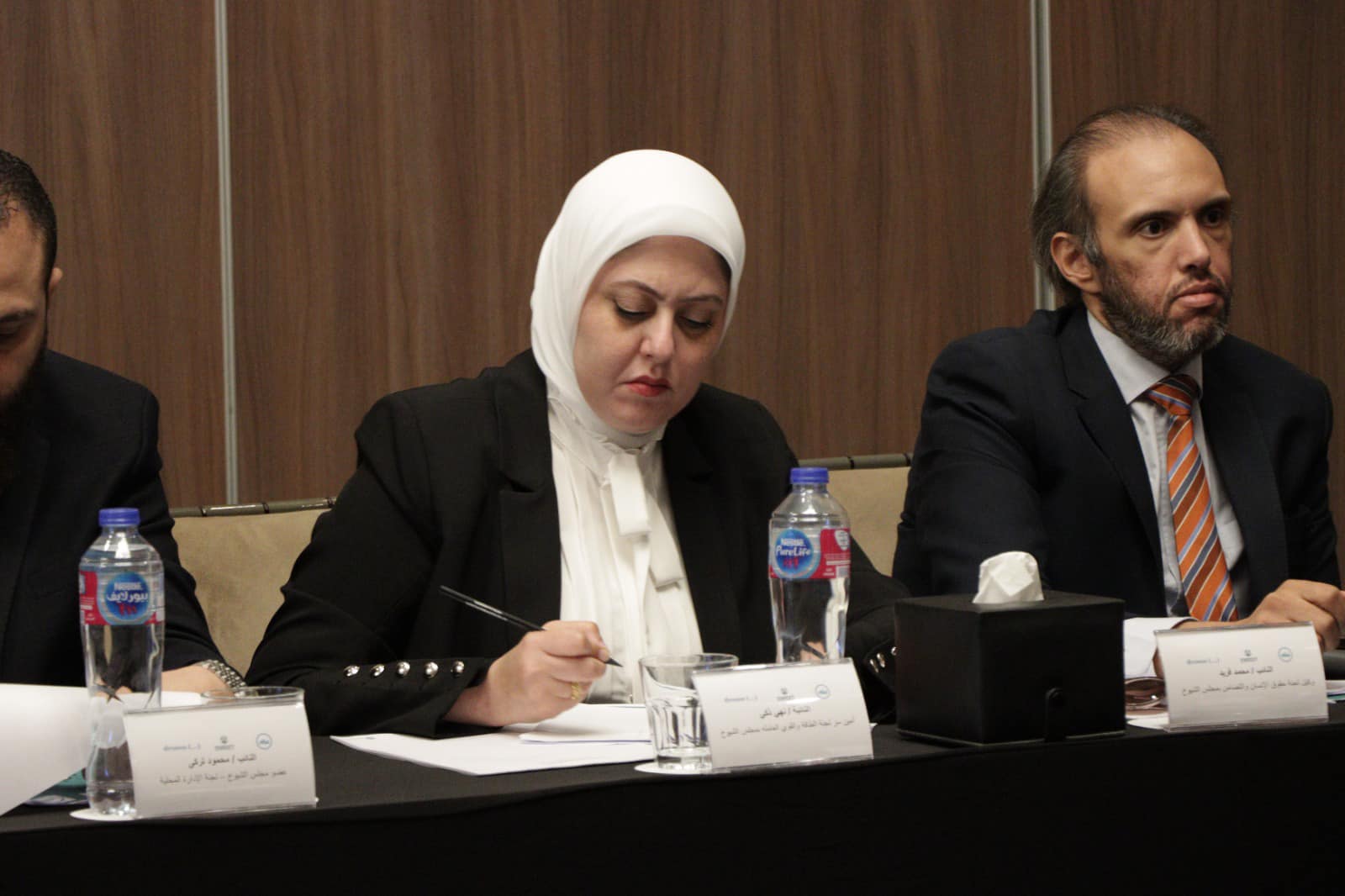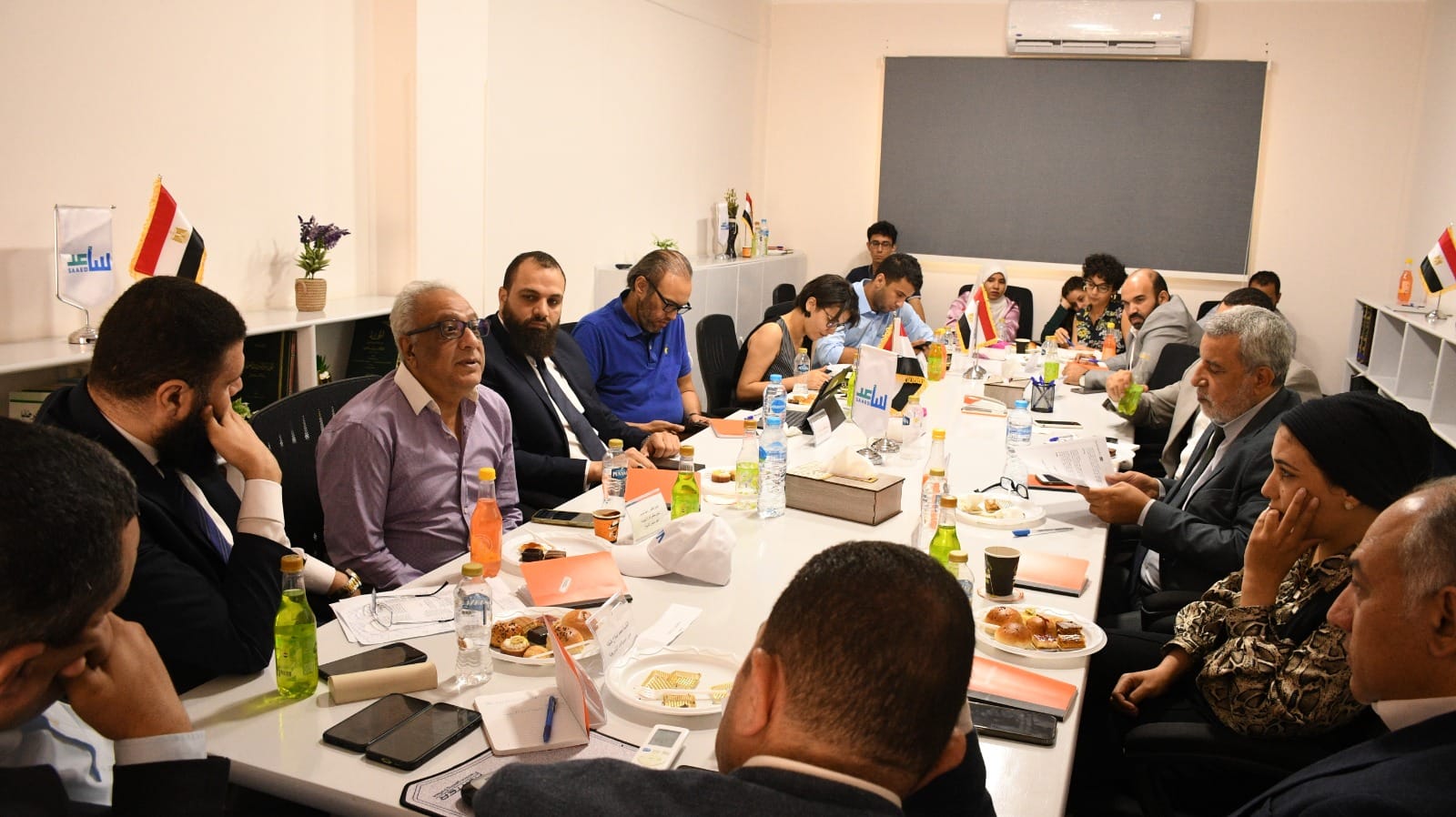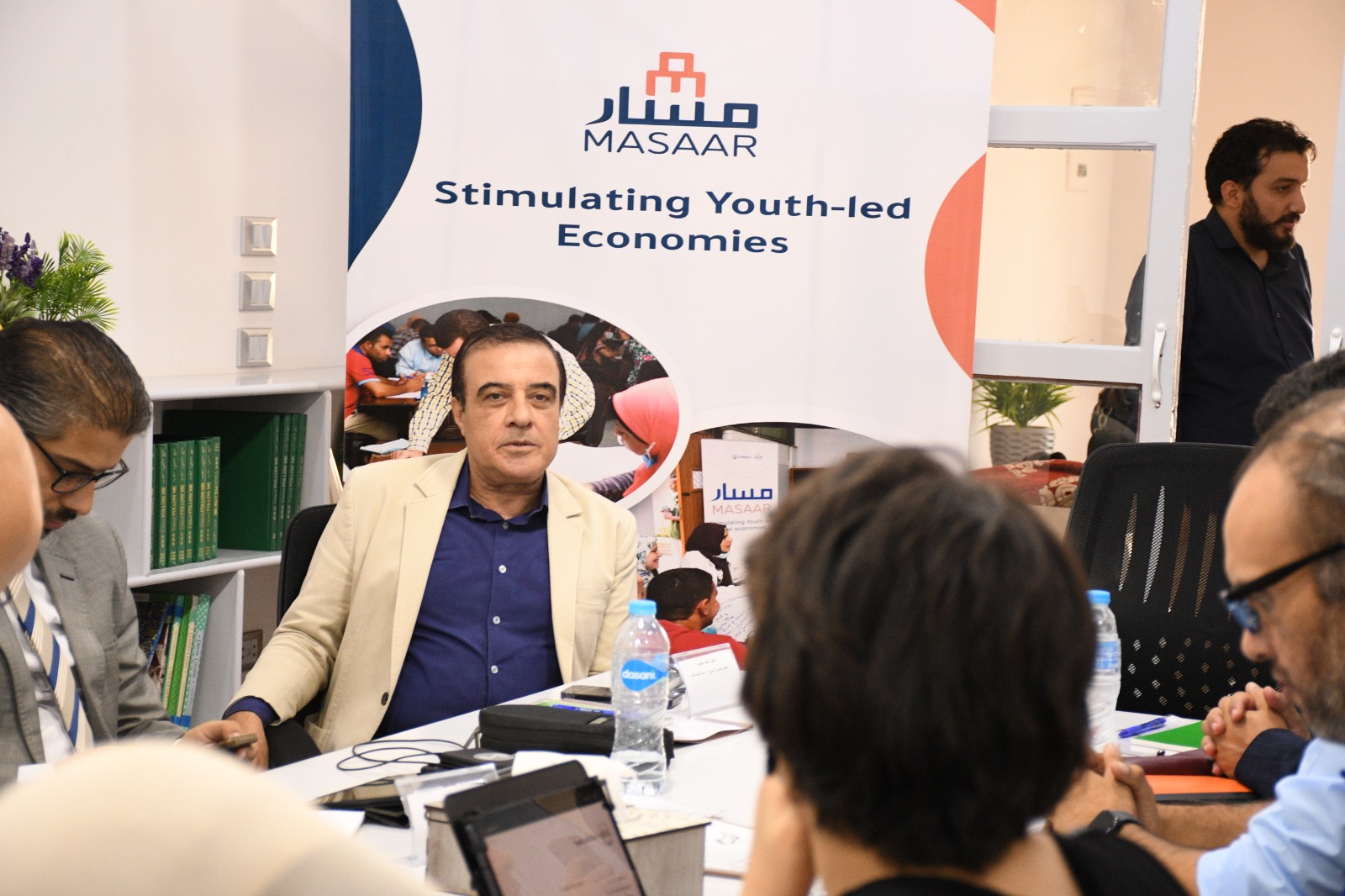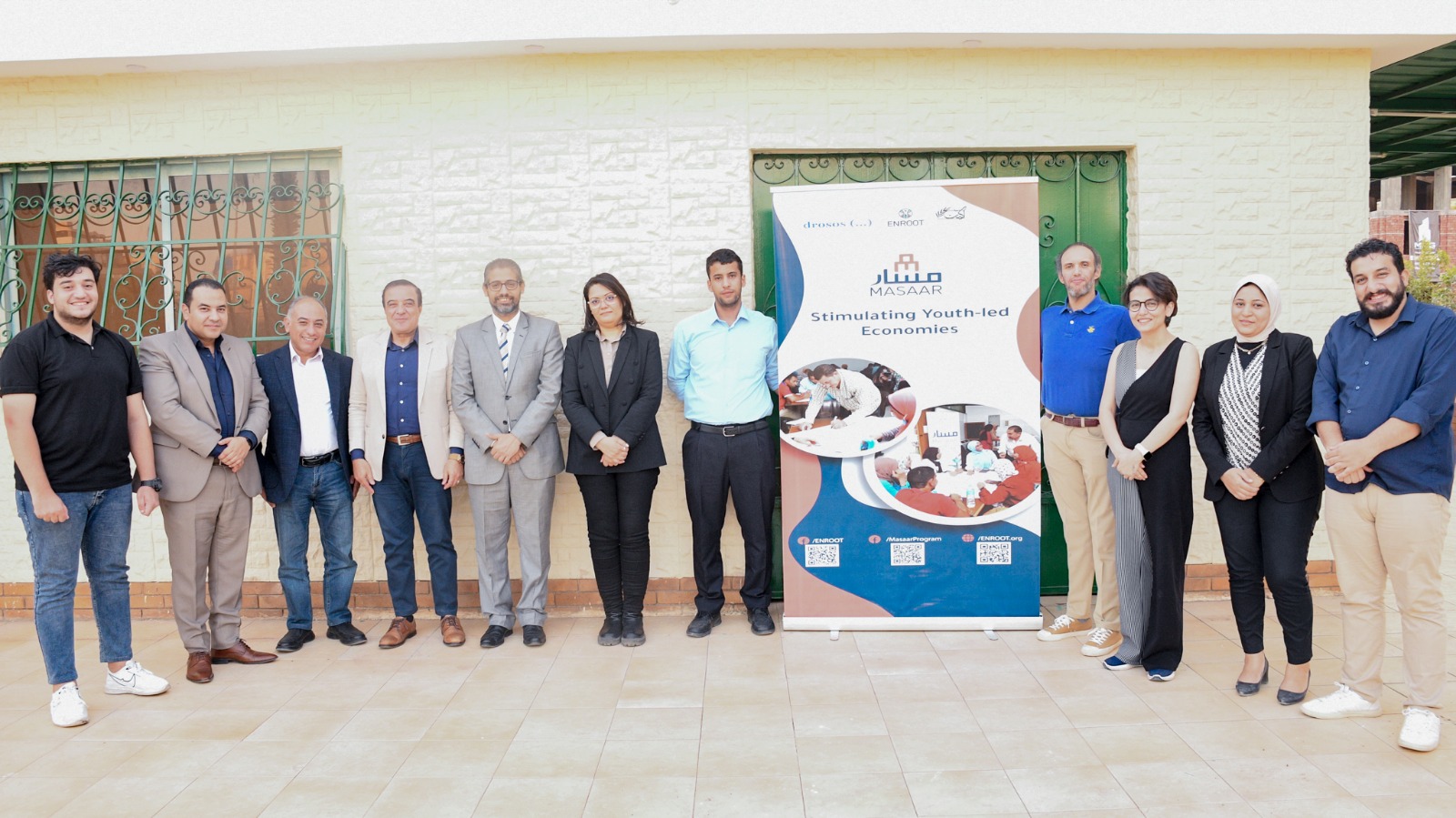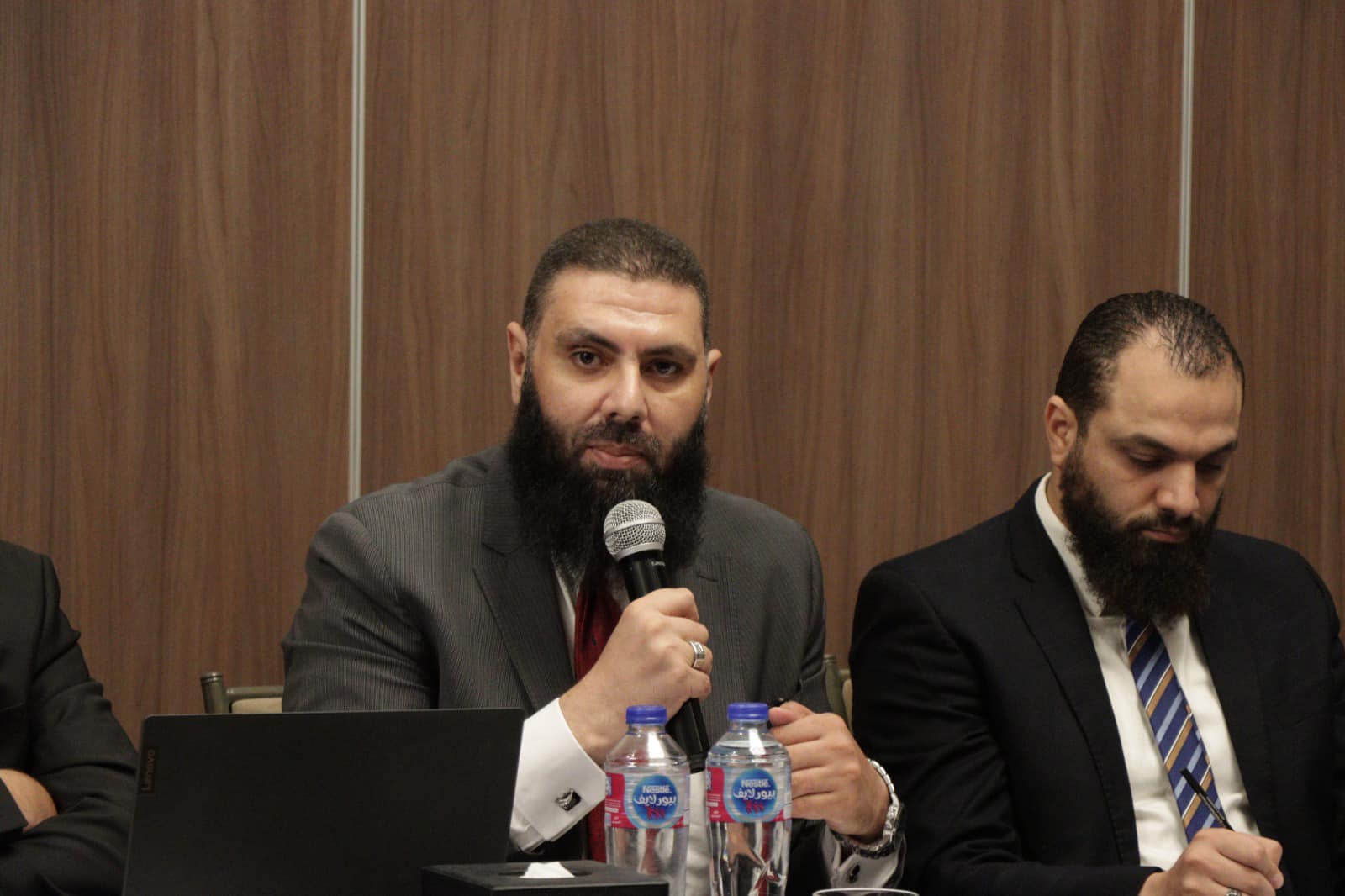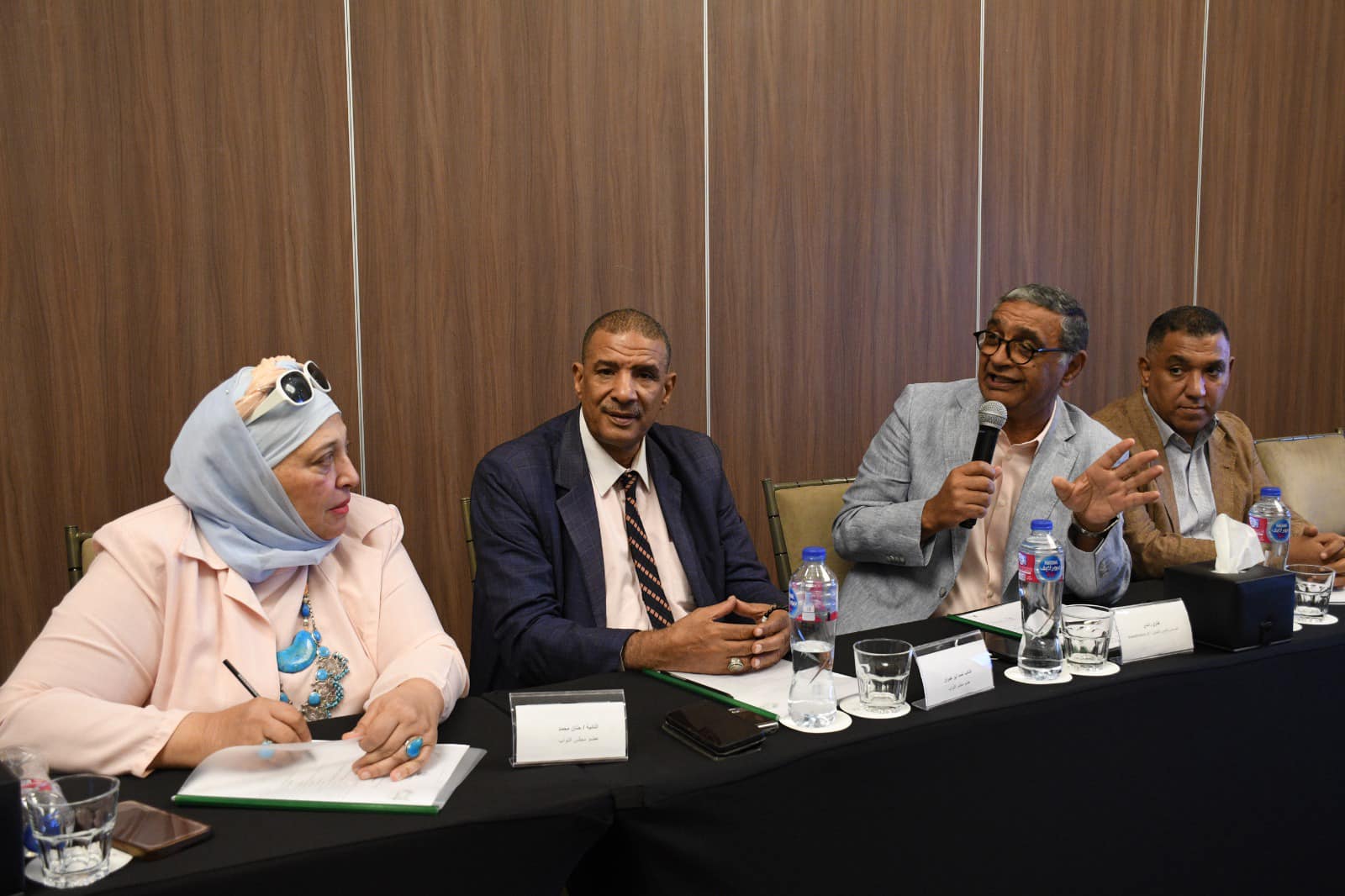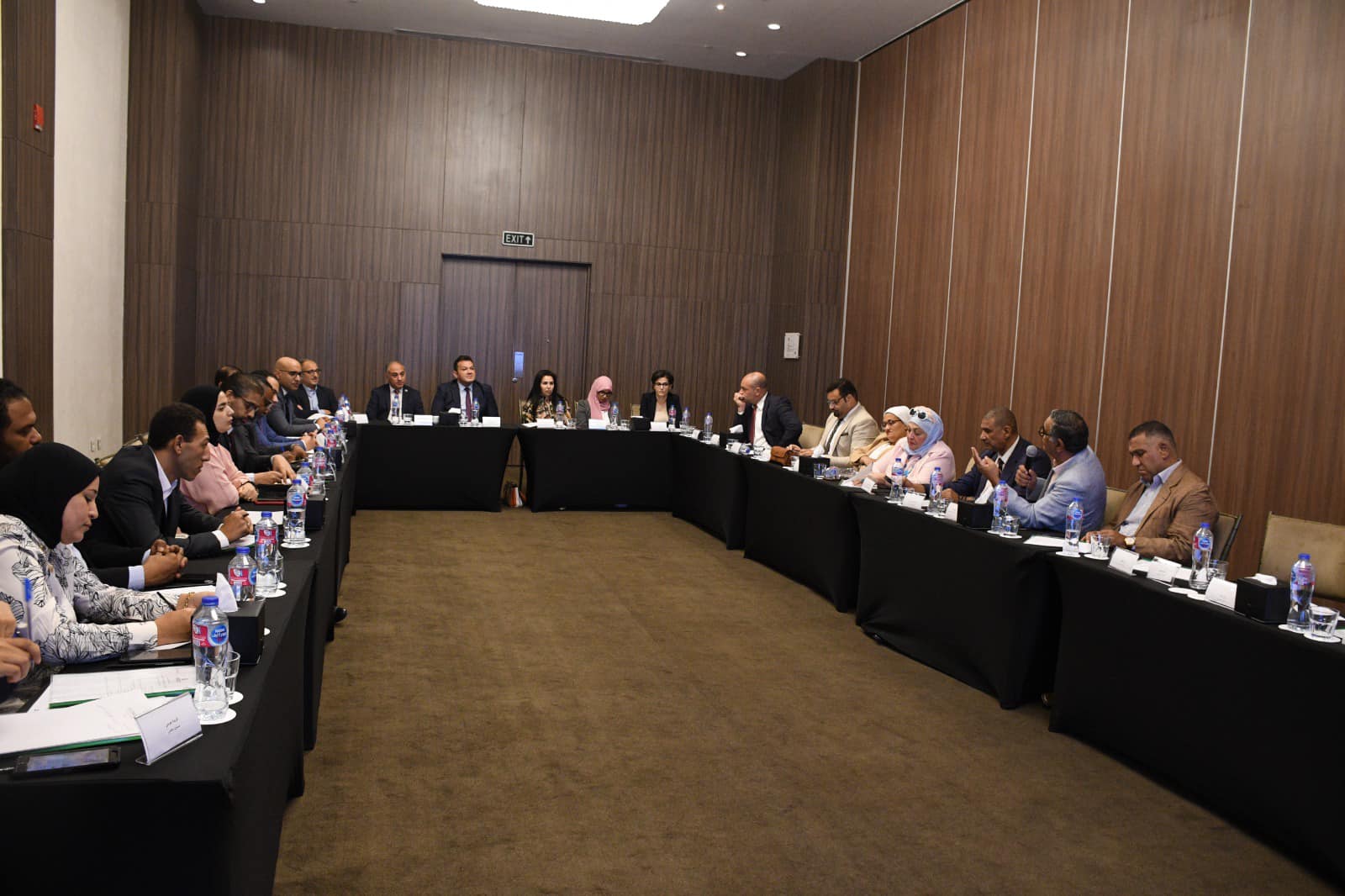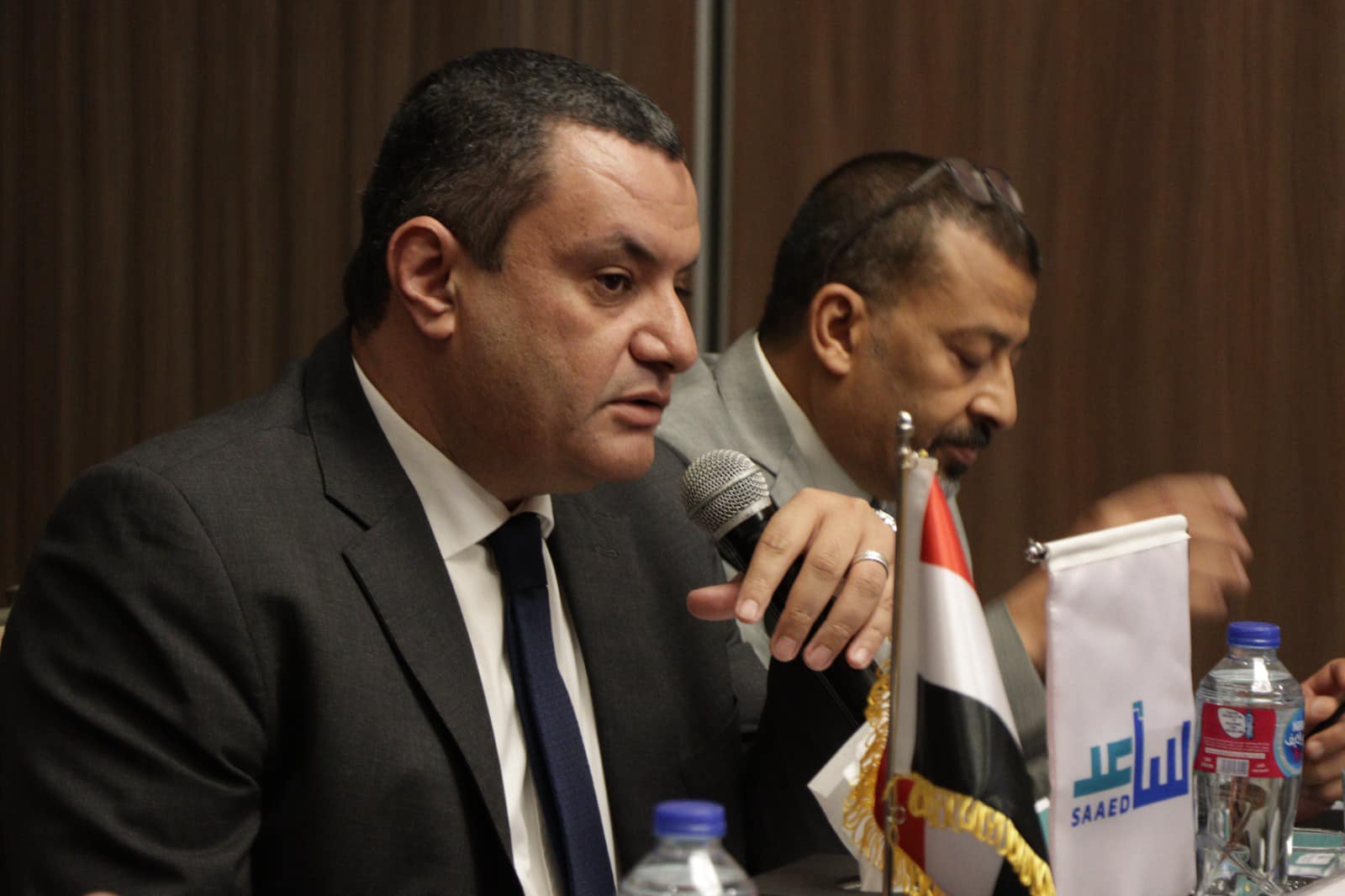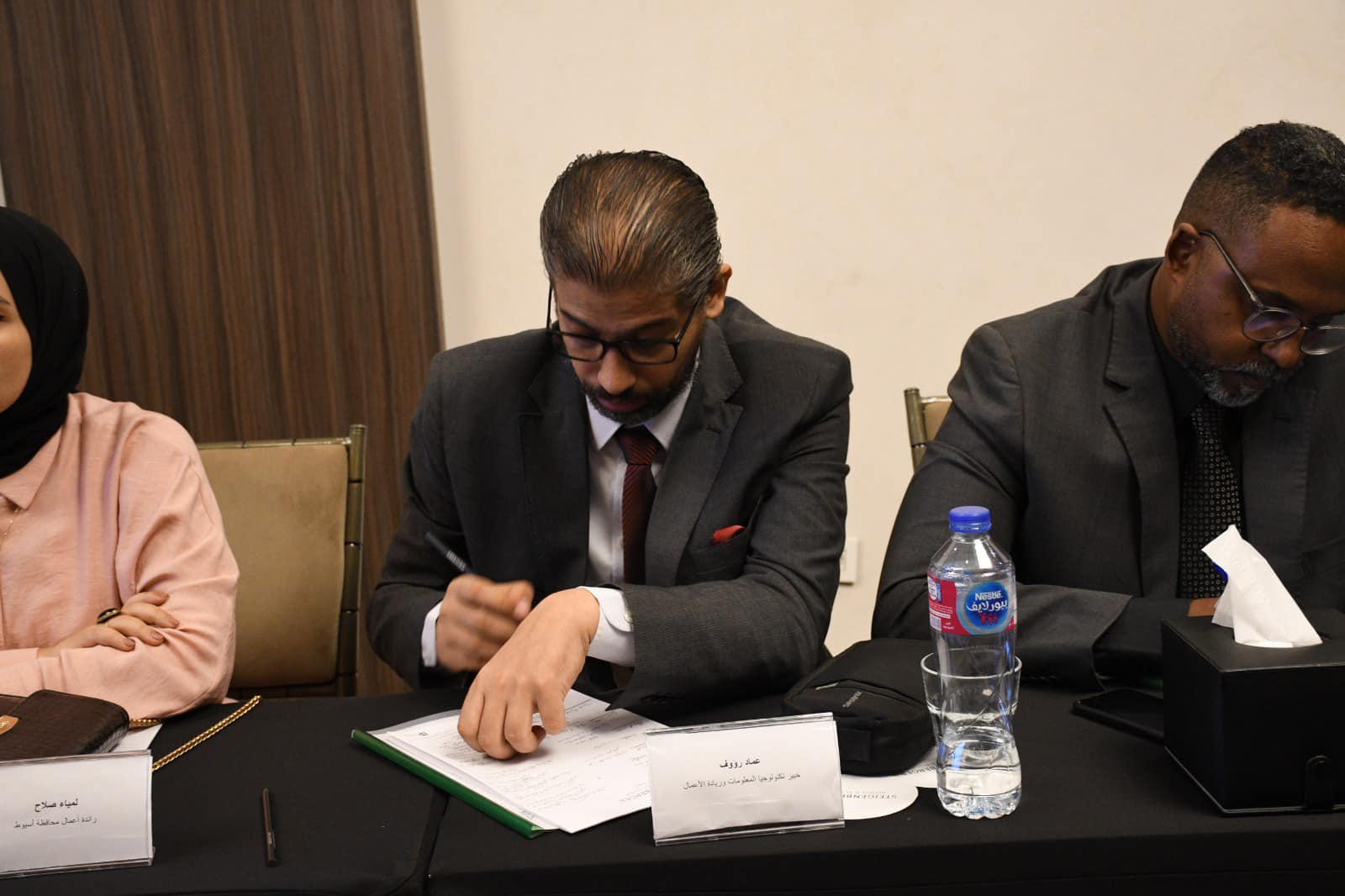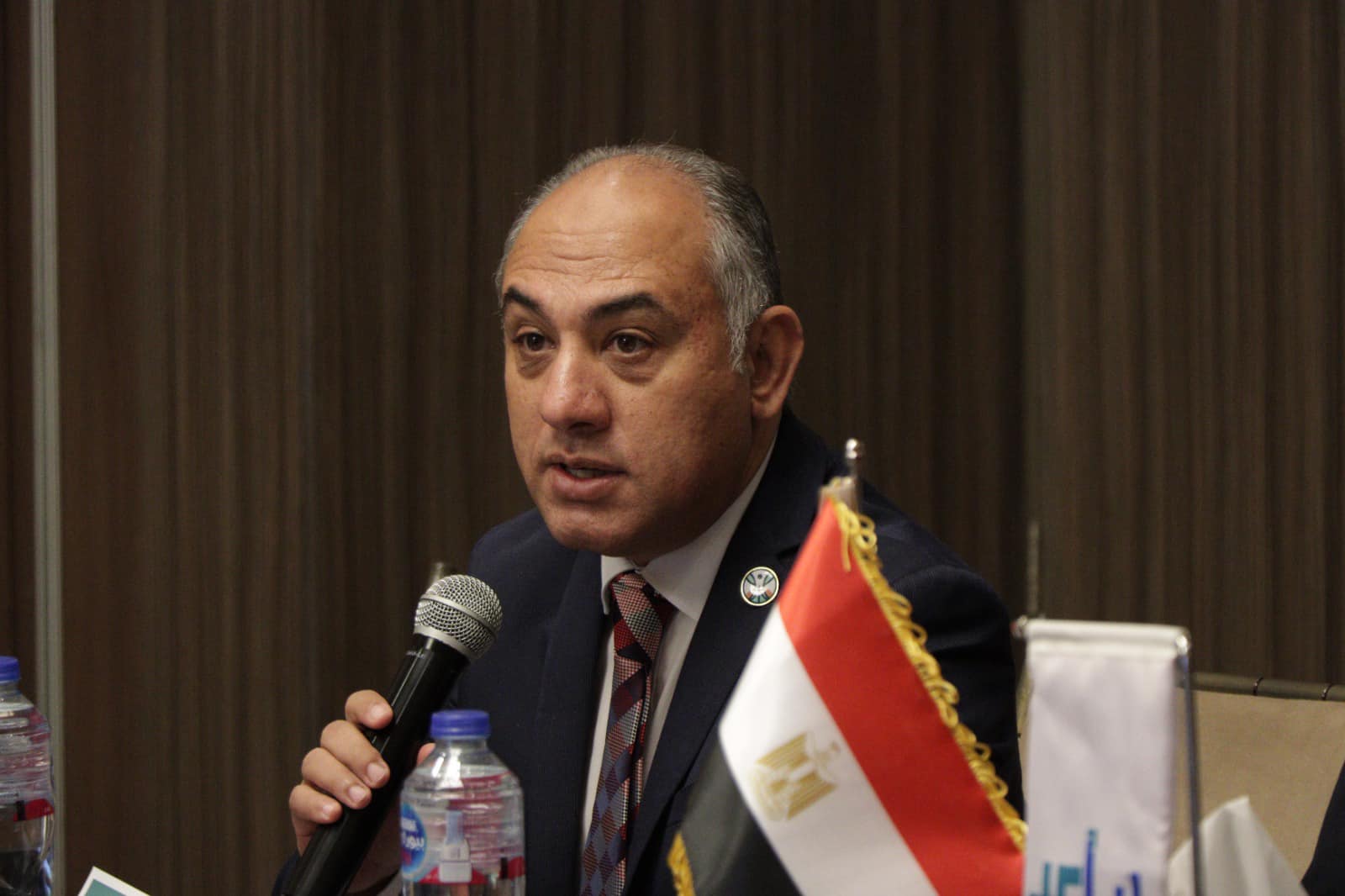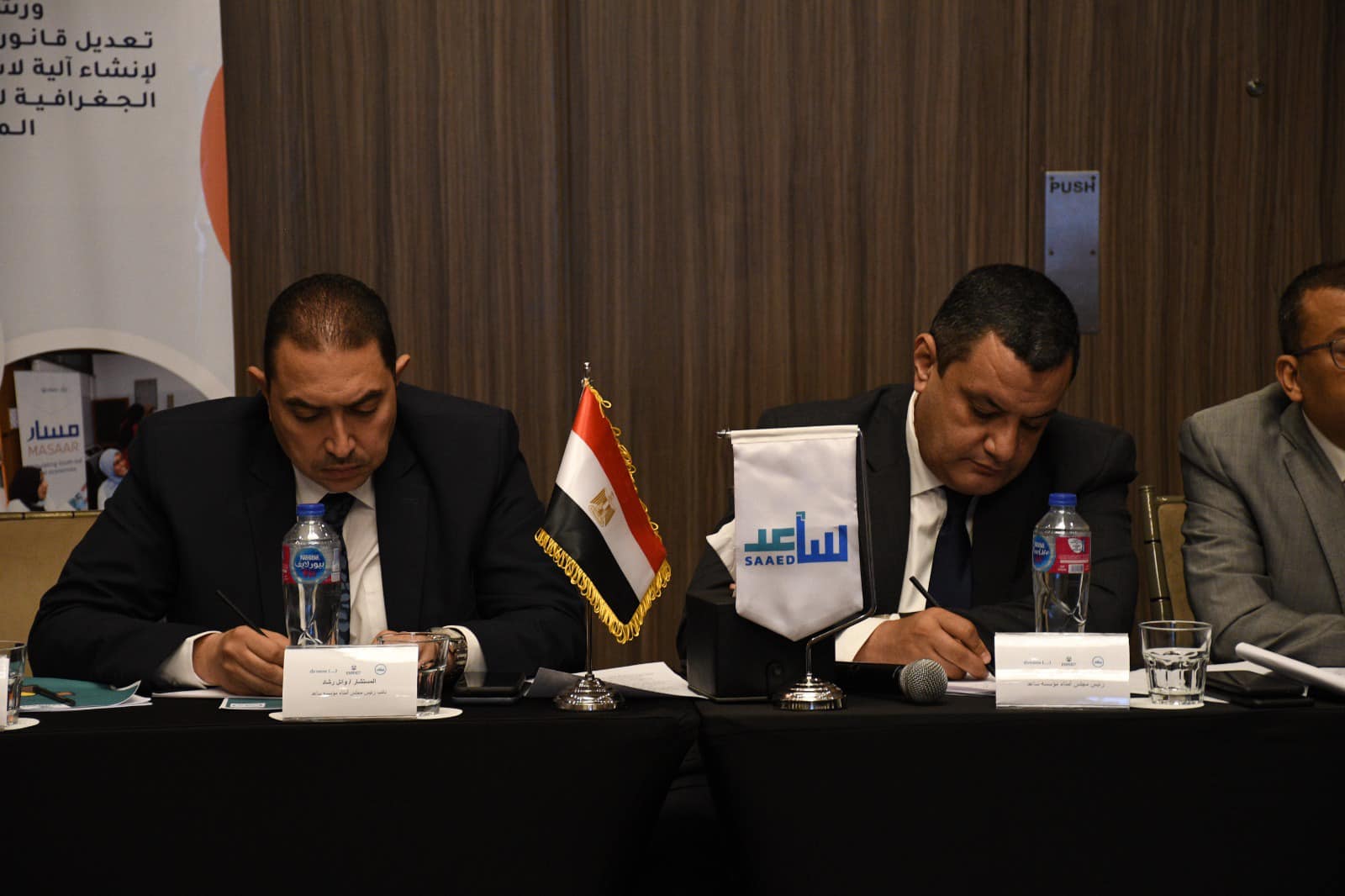
Enroot Development Concludes Successful Series of Law Amendment Workshops to Support Egyptian Exports and Entrepreneurship
Enroot Development, in collaboration with the Saaed and Kayan Foundations and with funding from the Drosos Foundation, has successfully concluded a series of policy workshops aimed at offering proposals for amending Egypt’s Intellectual Property (IP) Law and strengthening the entrepreneurial ecosystem. These workshops, part of the MASAAR project, brought together government officials, industry experts, and key stakeholders to provide actionable recommendations to improve Egypt’s export potential and foster the growth of Micro, Small, and Medium Enterprises (MSMEs).
Boosting Egyptian Exports through Geographical Indications (GIs)
A major focus of the workshops was on amending the IP law to facilitate the use of Geographical Indications (GIs) for registering Egyptian products. This would allow products such as Sohag’s Luffa, Aswan’s Tilapia Fish, and Egypt’s heritage food items to be recognized and protected in international markets, enhancing their export potential and competitiveness abroad.
The first workshop, held in partnership with the Saaed Foundation, highlighted key policy recommendations, including the establishment of a National IP Authority to streamline product registration and calls for Egypt to join the Lisbon Agreement. Dr. Hany El-Salamony, CEO of Enroot, explained how these measures could significantly boost the value of local products and help smallholder farmers access new markets.
Key outcomes included:
- Proposals for a national database to streamline the GI registration process.
- Recommendations for establishing efficient mechanisms for registering GIs for local products.
- Suggestions to balance government regulation and private sector involvement in the GI registration process to safeguard Egyptian products while fostering innovation.
Fostering Entrepreneurship and MSMEs for Economic Growth
In parallel, Enroot held workshops with the Kayan Foundation to offer policy solutions aimed at strengthening Egypt’s entrepreneurship ecosystem, particularly for MSMEs and startups. These discussions addressed key legislative proposals needed to support entrepreneurship and included insights on simplifying procedures for establishing companies, enhancing MSMEDA’s (Micro, Small, and Medium Enterprise Development Agency) role, and amending Law 152 of 2020 to better support entrepreneurs.
The workshops provided a platform for experts and policymakers to discuss how these changes can activate the role of MSMEs in driving Egypt’s economic development. Recommendations centered around:
- Simplifying business registration procedures for startups and social enterprises.
- Strengthening MSMEDA’s ability to foster entrepreneurship.
- Proposals for legal amendments to reduce barriers for MSMEs and enhance investment in the sector.
High-Level Participation and Policy Impact
The workshops saw participation from notable figures including Dr. Akmal Nagaty, a member of the Egyptian Senate and head of the Board of Trustees of the Saaed Foundation, and Ms. Soha Saeed, Head of the Kayan Foundation, who opened the final policy workshop on fostering entrepreneurship. In addition, experts in intellectual property and entrepreneurship validated the proposed amendments, with a policy paper now ready to be presented to the Egyptian parliament.
The MASAAR project, implemented by Enroot with funding from the Drosos Foundation, aims to provide long-term, sustainable solutions to the challenges facing Egypt’s entrepreneurship ecosystem by supporting local youth-led industries and enhancing the country’s entrepreneurial environment.
Dr. Hany El-Salamony commented, “These policy recommendations when enacted, have the potential to revolutionize Egypt’s export landscape and create a thriving environment for entrepreneurs and MSMEs. We are excited to continue working with our partners to ensure that these amendments are adopted, driving forward Egypt’s sustainable economic development.”

